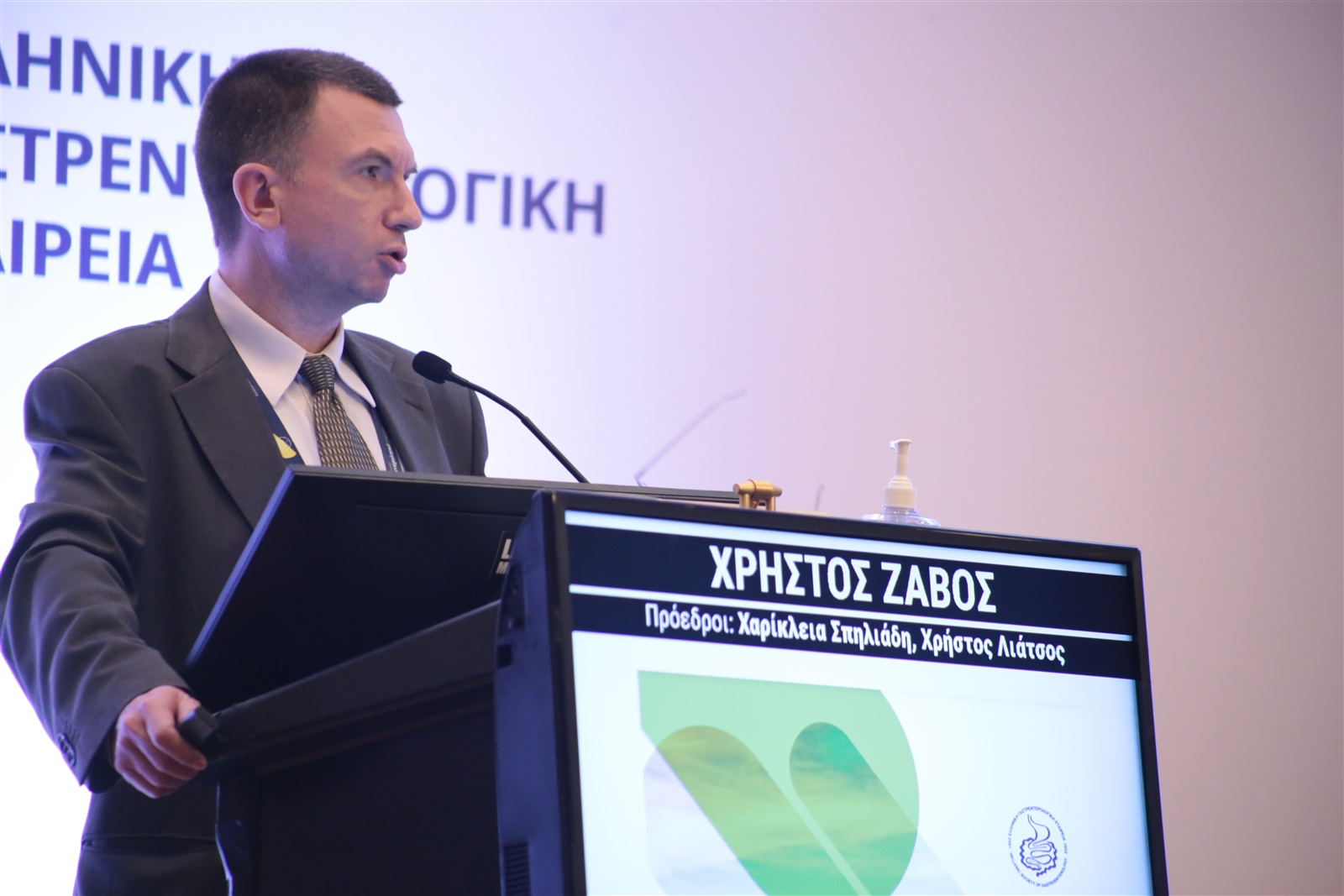Upper gastrointestinal (GI) endoscopy, also termed as gastroscopy or EGD, is a procedure commonly performed by gastroenterologists to diagnose and treat conditions affecting the upper digestive tract, including the esophagus, stomach, and duodenum. Preparation for an upper GI endoscopy is essential to ensure the procedure is safe and effective. Here are some important steps recommended by Dr. Christos Zavos, a board-certified gastroenterologist and hepatologist based in Thessaloniki, Greece, to help patients prepare for their upper GI endoscopy:
1. Consultation with a Gastroenterologist: Before undergoing an upper GI endoscopy, patients should schedule a consultation with a gastroenterologist, such as Dr. Christos Zavos. During this consultation, the gastroenterologist will review the patient’s medical history, discuss the reasons for the procedure, and address any concerns or questions the patient may have.
2. Medication Review: Patients should inform their gastroenterologist about any medications they are currently taking, including prescription medications, over-the-counter drugs, and supplements. Some medications may need to be adjusted or temporarily stopped before the procedure to reduce the risk of complications. For example, blood thinners may increase your risk of gastrointestinal bleeding if a procedure is performed during the upper GI endoscopy, such as a polypectomy (i.e., polyp removal).
3. Fasting Period: To ensure optimal visibility and safety during the procedure, patients are typically instructed to fast for a certain period before the upper GI endoscopy. This usually involves refraining from eating anything for 8 hours and drinking water for 4 hours before the procedure. Patients should follow their gastroenterologist’s specific fasting instructions closely.
4. Arrange Transportation: Since patients are usually given sedatives or anesthesia to help them relax and remain comfortable during the procedure, they should arrange for transportation home after the upper GI endoscopy. Patients should not drive or operate machinery for the rest of the day following the procedure.
5. Clothing and Personal Items: Patients should wear comfortable, loose-fitting clothing on the day of the procedure. It is also advisable to leave jewelry, watches, and other valuables at home. Additionally, patients may need to remove contact lenses, dentures, or hearing aids before the procedure, as directed by their gastroenterologist. Ladies should avoid using make-up or polish their nails.
6. Communicate Any Allergies or Health Conditions: Patients should inform their gastroenterologist of any allergies they have, particularly to medications or latex. Patients should also disclose any significant health conditions, such as heart disease or diabetes, as they may affect the management of the procedure.
7. Follow Pre-procedure Instructions: Patients will receive specific instructions from their gastroenterologist regarding any additional steps to take before the procedure, such as bowel preparation if deemed necessary. Please adhere to these instructions carefully to ensure the success of the upper GI endoscopy.
In conclusion, proper preparation is key to a successful and safe upper GI endoscopy. By following the recommendations provided by Dr. Christos Zavos, patients can help ensure that their procedure is conducted smoothly and effectively. For personalized guidance and to schedule an upper GI endoscopy or consultation, patients are encouraged to contact Dr. Zavos through the contact form on his website peptiko.gr, by phone at (+30)-6976596988 or (+30)-2311283833, or via email at czavos@ymail.com.

